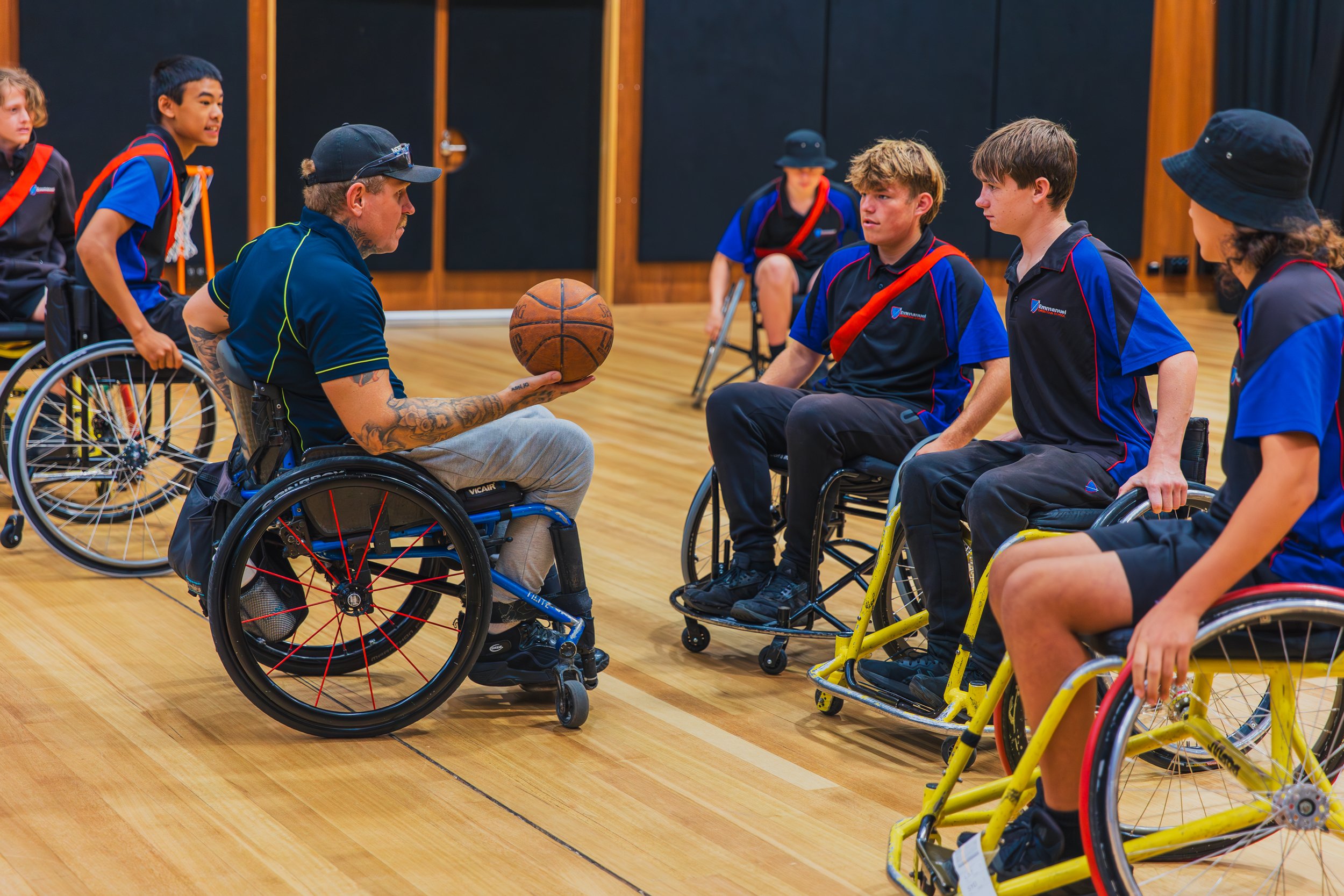
Resilience and Courage in Learning
This year, our school theme is "Arise and Shine," a message that serves as a powerful encouragement for our students as they engage in their learning journey.
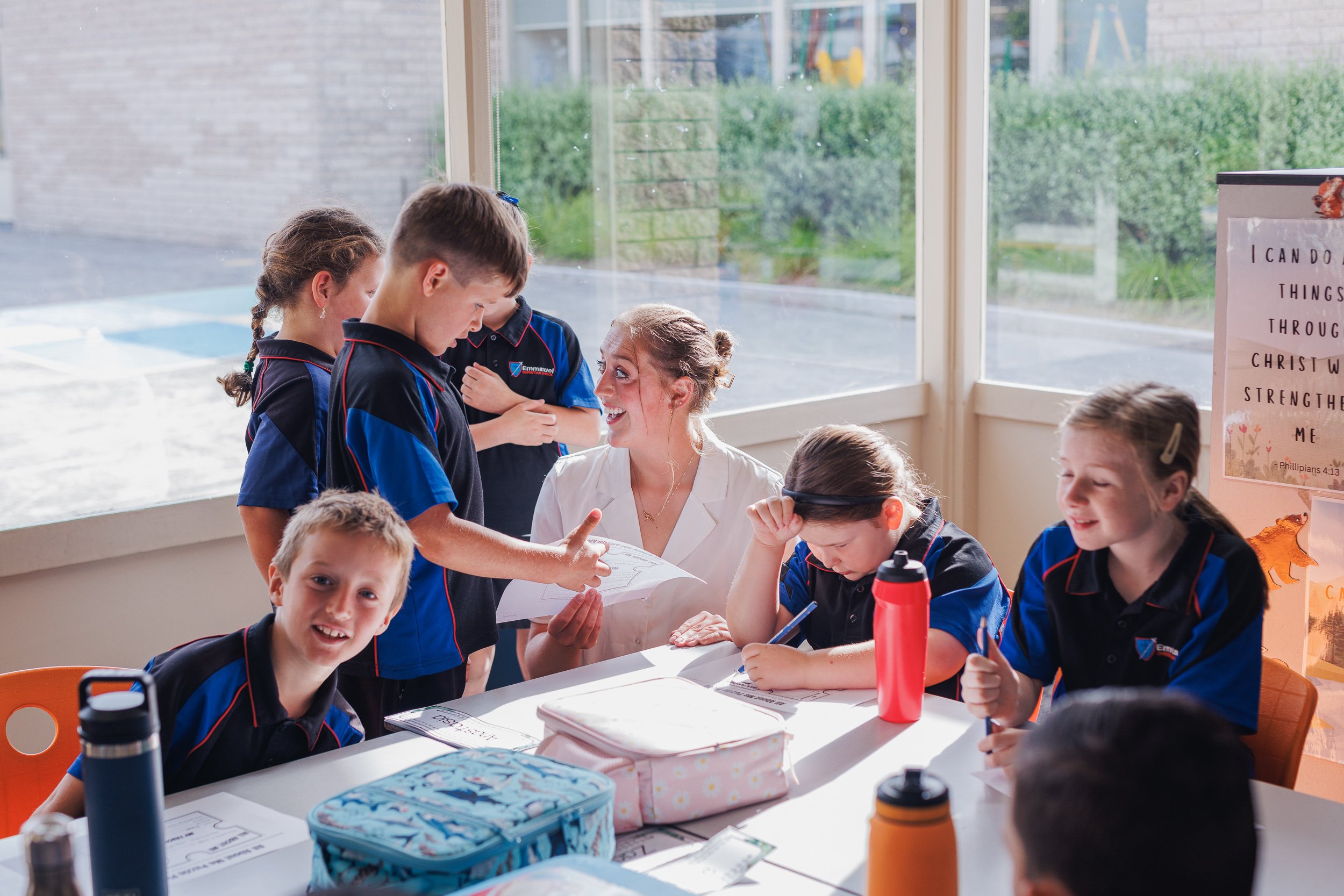
Failing forwards
We are in the second week of the year and one thing I have noticed is the effort that everyone is making to get to know each other. What a great starting point, relationship before anything else. Relationships are a key in shaping learning experiences.

From Reports to Purpose: Rethinking the Impact of Education
End-of-year reports offer more than reflections—they’re opportunities to celebrate growth and set goals for the future. At Calvin, we see education as more than academics; it’s about nurturing purpose, curiosity, and resilience. True fulfillment, however, comes from Christ, who offers life to the full (John 10:10). As we close the year, we’re reminded that faith shapes learning, and reporting has a purpose beyond the classroom.
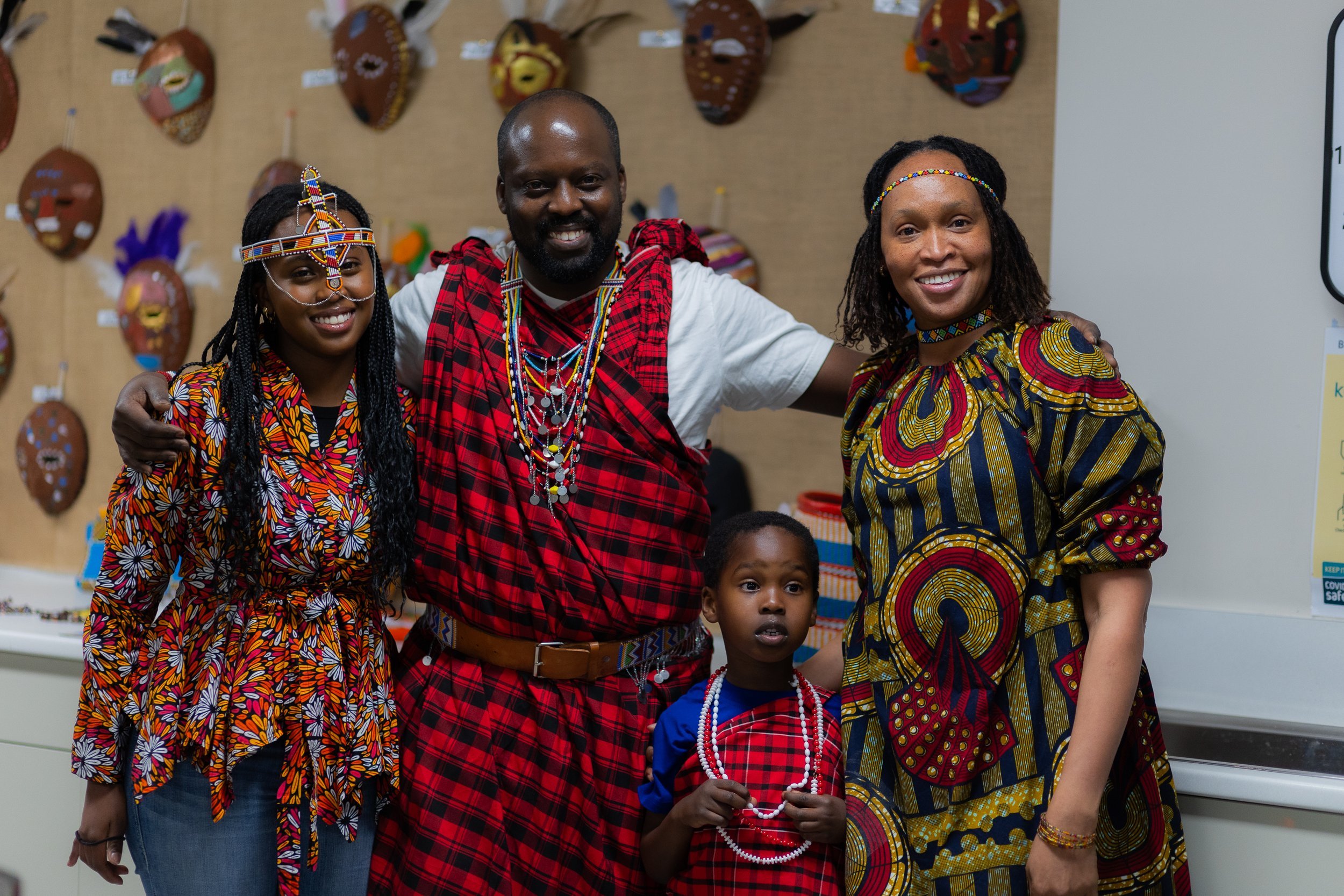
No More Bowling Alone!
Great schools are built on strong communities, not individuals. Events like ECON 24 highlight the power of connection and shared purpose. At Calvin, we’re committed to fostering collaboration and strengthening relationships to create a vibrant learning environment—because no one should bowl alone.
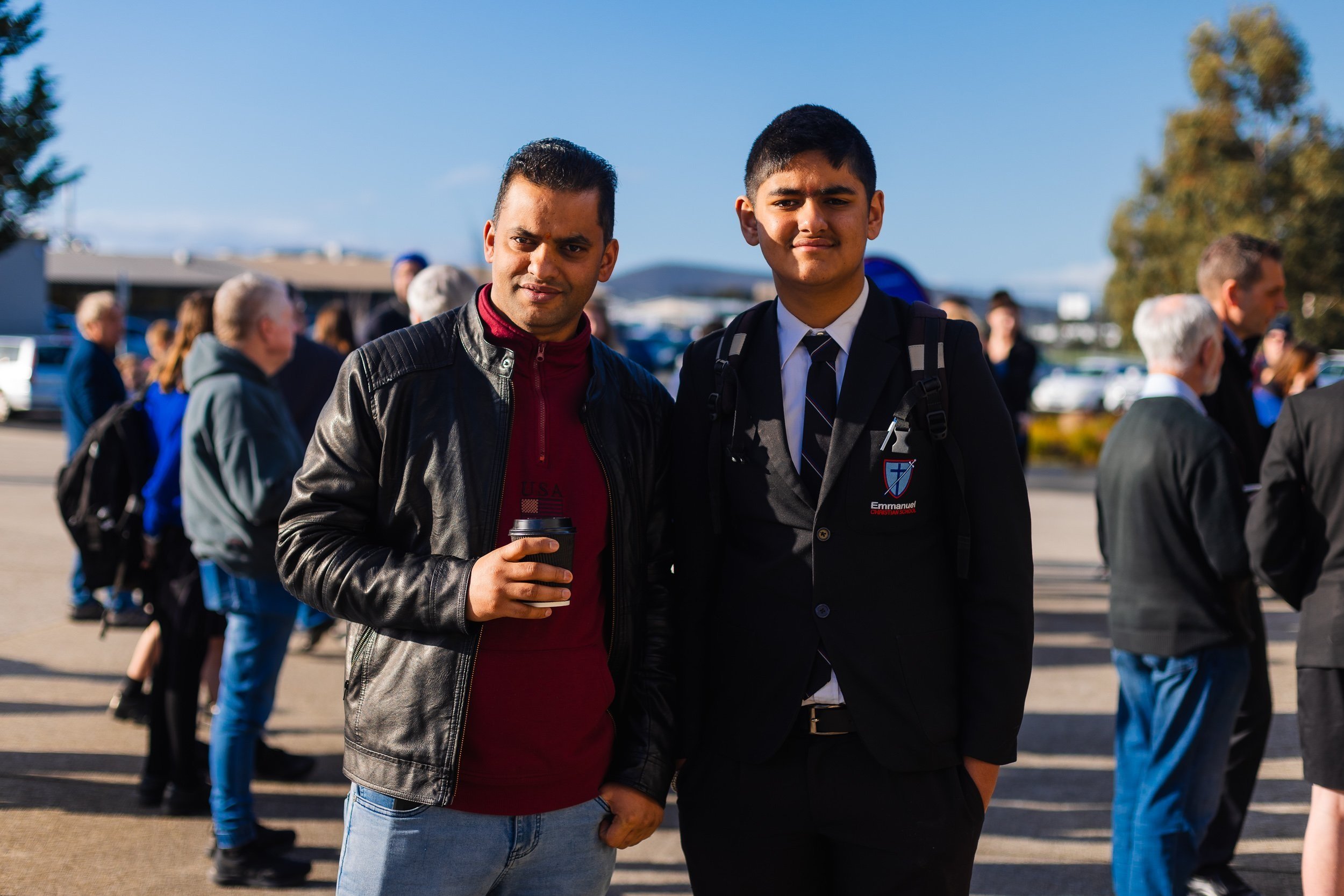
Christian Schooling for a Fatherless Generation
Growing up in a fatherless home can come with its own set of challenges, but Christian schools are stepping in to offer hope and stability. Discover how these schools are becoming a beacon of support for students who lack paternal guidance.

Creating a Transformational School Culture
Emmanuel Christian School is more than just a place of learning—it’s a diverse community united in purpose. Explore how our culture celebrates each individual’s unique gifts and creates a welcoming environment for all.

Canberra Quest: Exploring the Heart of the Nation
Canberra trips aren’t just about seeing the sights—they’re transformative experiences that deepen students’ understanding of history and culture. Read how these adventures are shaping young minds and strengthening our school community.

Encourage, Support, Redirect.
Homework isn’t just about grades—it’s about building lifelong skills like resilience, organisation, and perseverance. Read more about how we can support our children’s learning journey beyond the classroom.

Literacy in early childhood
Every educator is a teacher of literacy, no matter the subject. Discover practical tips for nurturing language skills at home and why literacy is the key to lifelong success.
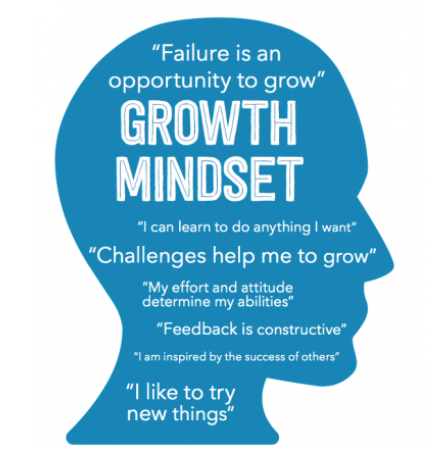
Fostering a Growth Mindset
Unlock your child’s potential by fostering a growth mindset. Discover practical ways to encourage resilience, embrace challenges, and turn setbacks into stepping stones for success.
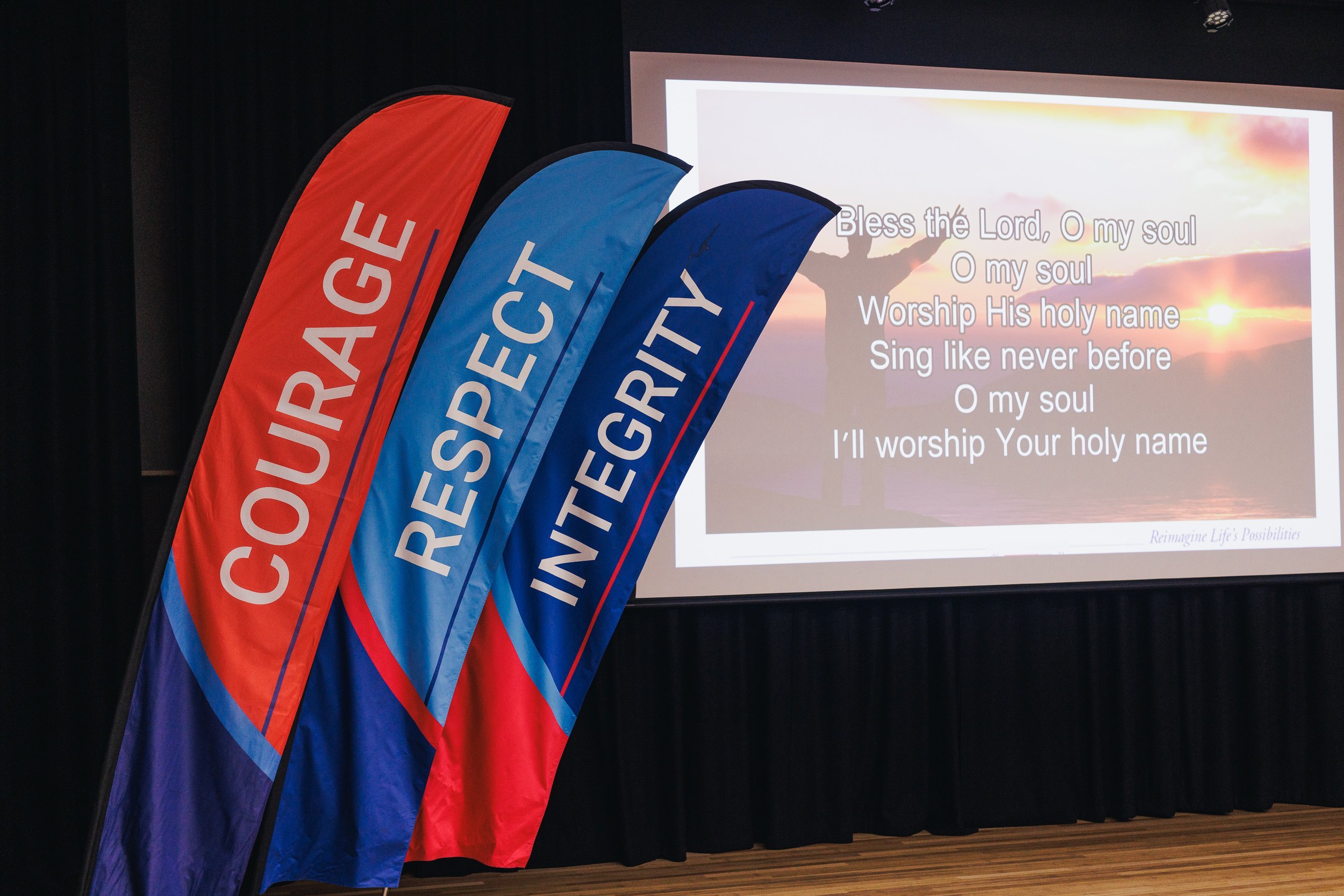
Re-visiting the Power of Three
What’s the secret to a strong educational community? At Emmanuel, it’s the power of three—where family, school, and church come together to support each student’s growth. Discover why this unique approach sets Christian education apart.
